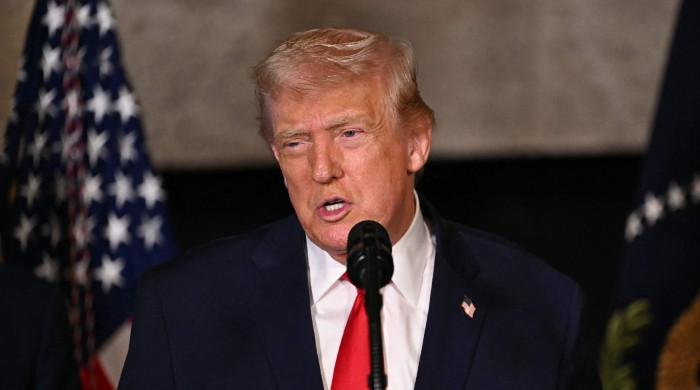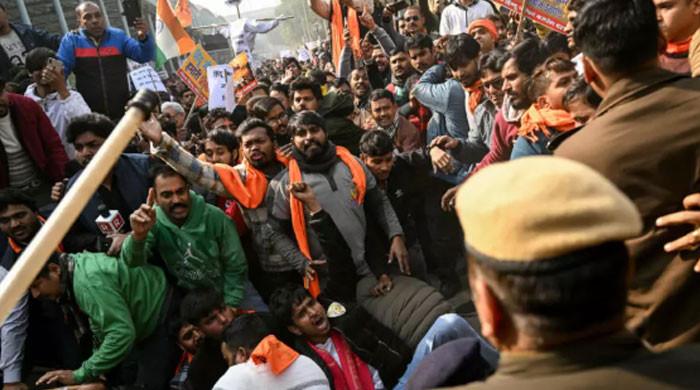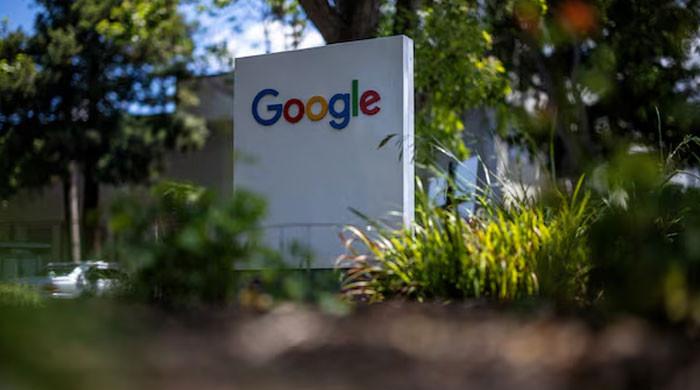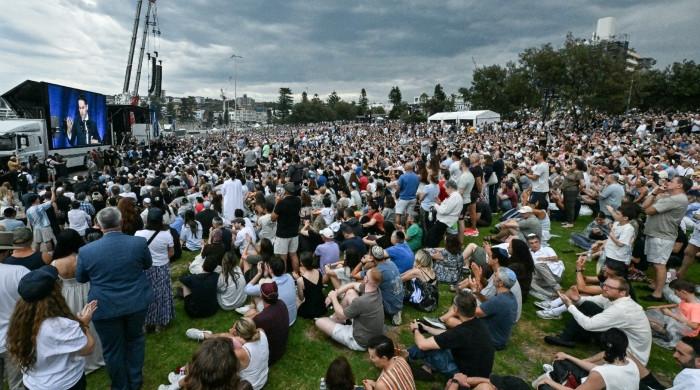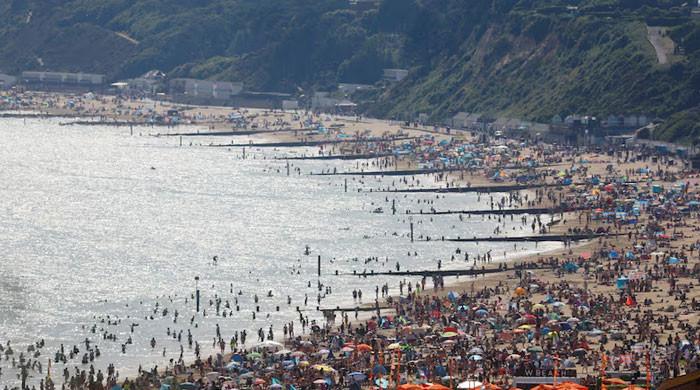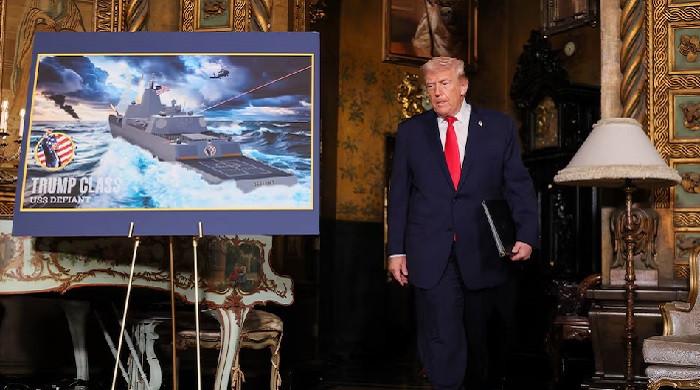India court bails rights activist critical of PM Modi
Critics say Modi's government has sought to pressure activists and rights groups by heavily scrutinising their finances
September 02, 2022
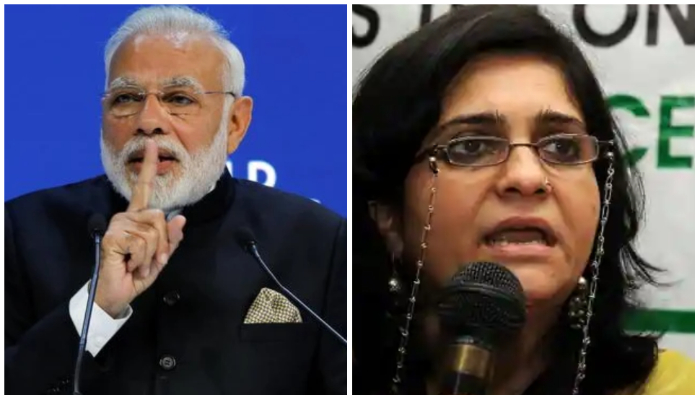
- Setalvad, 60, had sought the court's intervention after a Gujarat court deferred its own bail hearing for seven weeks.
- Setalvad had filed several lawsuits that accused Modi's administration of failing to stop the violence during the Gujarat riots.
- Critics say Modi's government has sought to pressure activists and rights groups by heavily scrutinising their finances.
India's top court granted bail Friday to a rights activist arrested after her attempt to have Prime Minister Narendra Modi declared complicit in deadly sectarian riots 20 years ago.
One of India's worst outbreaks of religious violence saw at least 1,000 people —mostly Muslims — hacked, shot and burned to death in Gujarat when Modi was premier of the western state in 2002.
Teesta Setalvad was detained in June after the Supreme Court rejected a lawsuit she had backed to challenge a ruling that cleared the leader over the bloodshed.
Critics say Modi's government has sought to pressure activists and rights groups by heavily scrutinising their finances and launching legal action against dissident voices.
On Friday, the Supreme Court ruled that Setalvad had remained in custody for long enough to be questioned over the charges against her.
"In our view, the appellant is entitled to the release on interim bail," a three-judge bench said.
Setalvad, 60, had sought the court's intervention after a Gujarat court deferred its own bail hearing for seven weeks.
Government counsel accused her of forgery and submitting false evidence as part of their claim of a larger conspiracy to destabilise Modi's government.
Two former police officers have been arrested as part of the same case.
Setalvad had filed several lawsuits that accused Modi's administration of failing to stop the violence during the Gujarat riots.
She had supported an appeal filed by Zakia Jafri, the widow of a former lawmaker killed by a Hindu mob during the unrest.
She was arrested by anti-terror police in Gujarat a day after the Supreme Court rejected the appeal, drawing concern from the United Nations Human Rights Council and sparking protests in several Indian cities.
The 2002 unrest began after 59 Hindus died in a fire that broke out on a train returning from one of Hinduism's most sacred sites.
Thirty-one Muslims were convicted of criminal conspiracy and murder over the incident.
Modi, who ran Gujarat from 2001 until his election as prime minister in 2014, was briefly subject to a travel ban by the United States over the violence.




